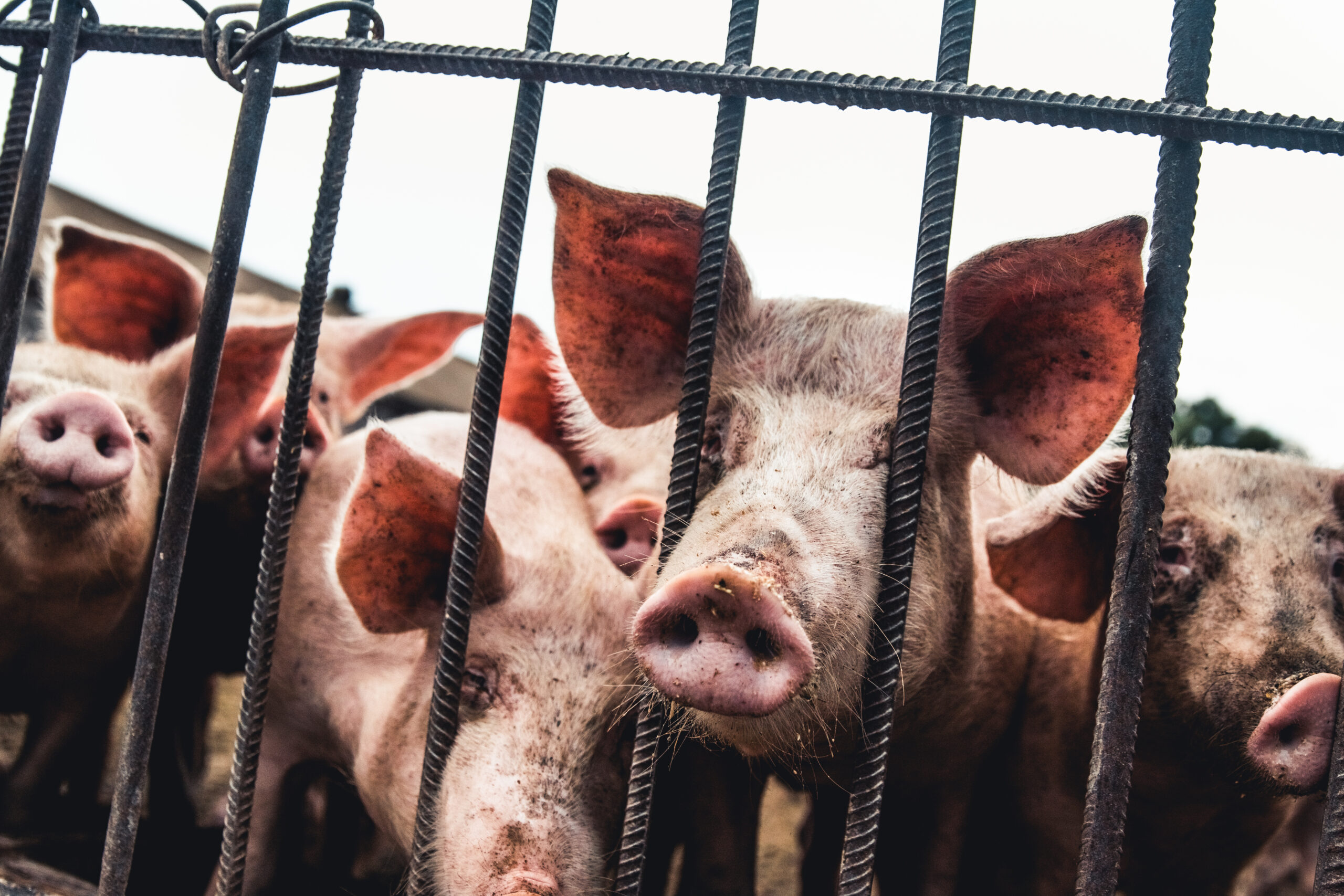Several states are actively rejecting proposals to ban certain US Food and Drug Administration (FDA)-approved food additives, prioritizing scientific evidence over misinformation and fear. Leaders in Indiana, Kentucky, Maryland, South Dakota, Washington and West Virginia have made clear decisions based on the facts at hand, supported by the National Confectioners Association (NCA) and other expert voices.
A Call for Federal Oversight on Food Additive Bans
John Downs, president and CEO of the NCA, expressed concern over the attempts by some states to override the FDA’s authority. According to Downs, these efforts are not only misguided but also lack a scientific foundation. The FDA’s role as the central regulatory body ensures uniformity and prevents a fragmented state-by-state approach that could confuse consumers and escalate costs.
In 2023, California implemented a food additive ban, sparking similar legislative attempts in New York, Illinois and Pennsylvania. However, other states like Indiana, Maryland, South Dakota, Washington and West Virginia have dismissed these proposals due to their unscientific bases. Kentucky has gone further by passing a resolution that acknowledges the need for food safety decisions to be rooted in fact and expert regulation.
Related: Lead in Cinnamon: A Rising Concern for Food Safety
Addressing Misinformation
The debate over food additives has been tainted by misinformation, often spread by individuals without the proper expertise in food safety. The NCA has responded by launching educational resources on its website, aiming to clarify the safety and regulation of additives like titanium dioxide.
Experts like James Coughlin, an independent consultant in food toxicology and global regulatory affairs, argue that the fears surrounding food additives are largely based on misunderstandings and incorrect assumptions. The FDA and similar regulatory bodies worldwide have declared these additives safe, based on rigorous scientific evaluations.
“Reading or hearing about chemicals in food, when combined with words like ‘toxic,’ ‘extremely dangerous’ and ‘cancer-causing’ may be scary, especially if you aren’t getting all the facts,” the FDA said in a press release.
Science Over Sensationalism
The NCA insists on a science-based approach to evaluating the legitimacy of food additive bans. This method follows strict regulatory guidelines to ensure consumer safety remains the top priority. Downs emphasized that usurping the FDA’s authority undermines the consistency of food safety regulations across states, potentially harming public trust and increasing food costs.
Toxicologists and food safety experts, including professionals from the FDA and Health Canada, have consistently found no substantial evidence linking FDA-approved food additives with severe health risks. These findings support the stance that current regulations are adequate and should not be hastily changed without compelling scientific evidence.
It’s crucial for the public to understand that sensational headlines do not equate to scientific reality. The NCA, along with academic and regulatory experts, is working to educate the public on the actual risks and benefits of food additives. By disseminating accurate information, they aim to counteract the spread of fear-based narratives.
As more states opt out of food additive bans, it’s clear that a movement grounded in science and expertise is gaining momentum against the tide of misinformation. This collective decision-making process reflects a commitment to maintaining a safe, affordable and consistent food supply, ensuring that the nation’s food safety system remains robust and effective.












Join or login to leave a comment
JOIN LOGIN